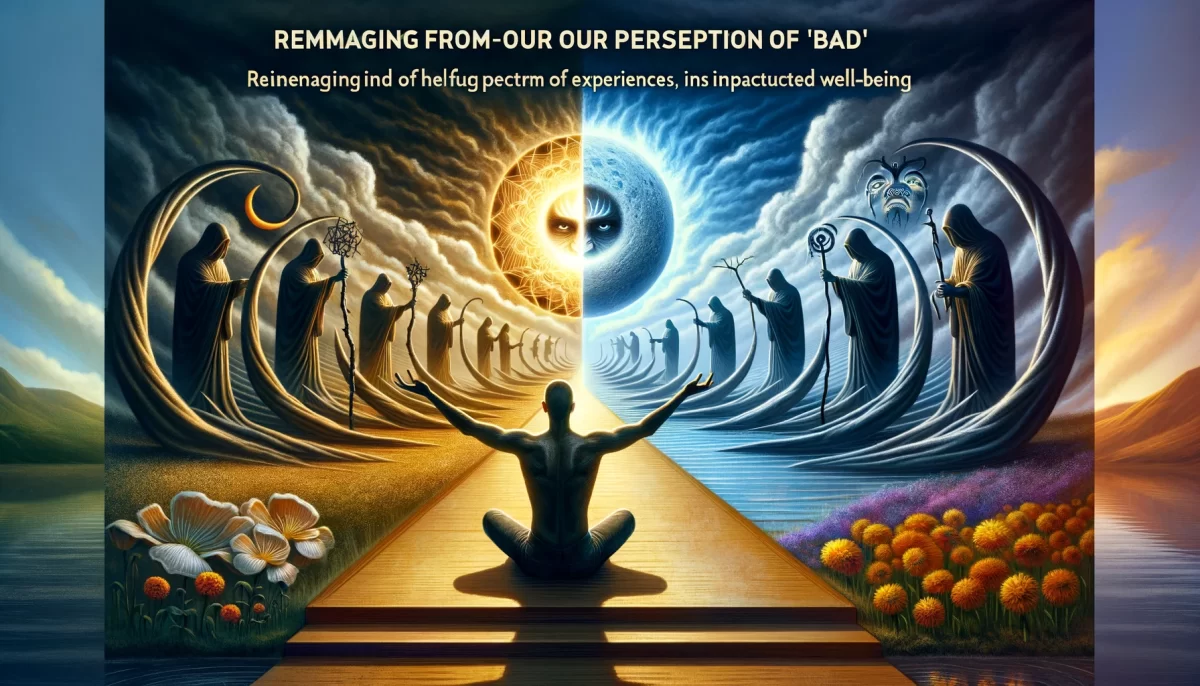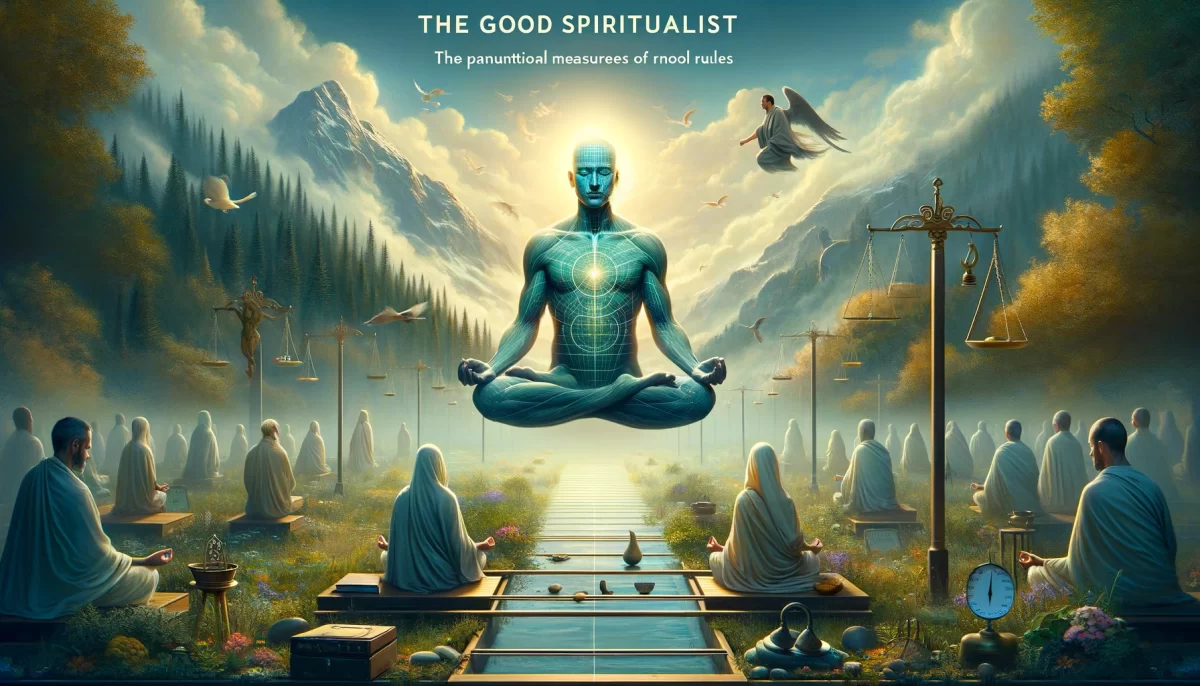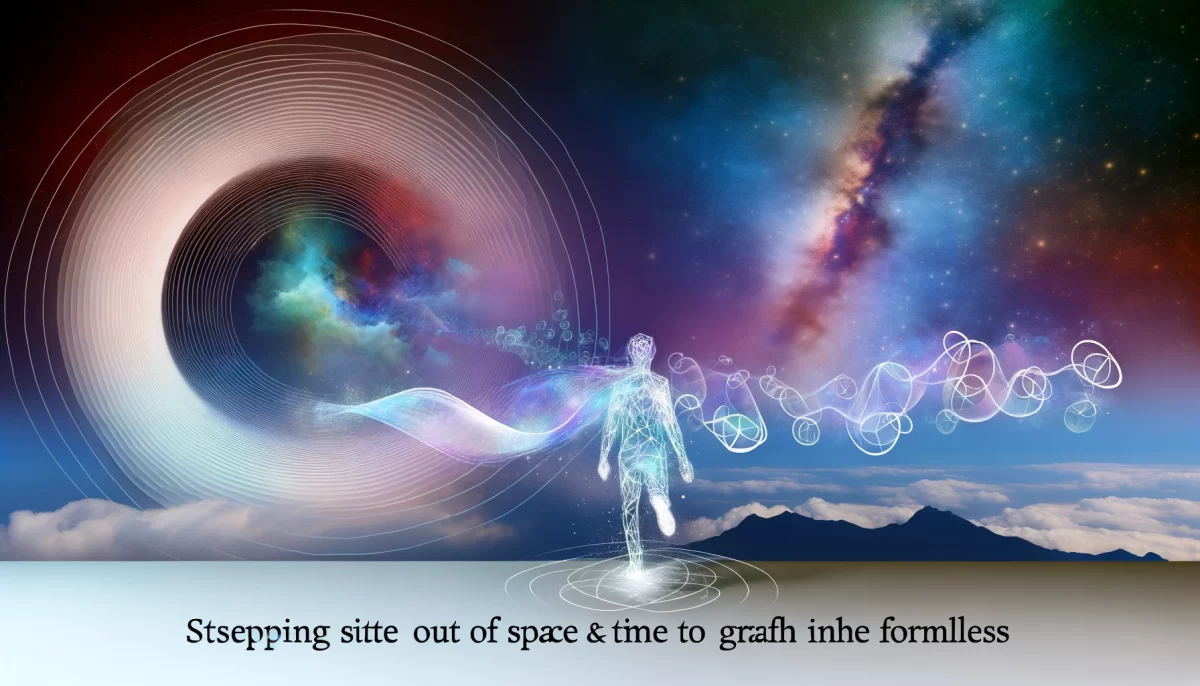
In the river of time,
Words flow, meanings shift,
In the ceaseless current
of interpretation.
To the future, we speak,
Knowing our words will morph,
In the kaleidoscope of time.
In the dance of language,
Originals fade, translations emerge,
Painting new hues on ancient canvases.
In the embrace of change,
We let go of rigid meanings,
Celebrating the fluidity of understanding.
In the cosmic whimsiworld,
We are all travelers,
Navigating the ever-evolving
landscape of thought.
Trail Wood,
2/2
Space Monkey Reflects: Language as a River of Evolving Meaning
Language flows like a river through the landscape of human consciousness. It is neither static nor fixed but endlessly reshaped by the currents of time and the tributaries of culture. As words travel through the ceaseless current of interpretation, they acquire layers of meaning, sometimes shedding their origins entirely. This evolution is not a loss but a transformation, an opportunity to enrich our collective understanding.
The river of time reminds us that language is a mirror of our ever-shifting reality. We speak to the future, crafting messages that we know will be refracted through different prisms. Words are carriers of our thoughts and emotions, yet they are not confined to their original contexts. Like seeds carried by the wind, they sprout new forms and meanings, becoming part of a vibrant linguistic ecosystem.
Translation, often seen as a mechanical process, exemplifies this dynamic. It is not merely the exchange of words but the painting of new hues on ancient canvases. A single word in one language might blossom into an intricate phrase in another, each capturing facets of meaning that were dormant before. In this sense, translation is a celebration of the fluidity of understanding, an art that mirrors the endless creativity of life itself.
By embracing change in language, we also embrace our shared humanity. Meanings shift because cultures interact, evolve, and learn from one another. It is in this kaleidoscope of perspectives that we find richness and depth. To resist this change is to deny the very nature of language as a living, breathing entity.
In the cosmic Whimsiworld, language reminds us that we are travelers. Each word, phrase, and sentence is a step on our journey through the landscape of thought. By letting go of rigid meanings, we can navigate this terrain with greater curiosity and openness. We celebrate not just the words themselves but the infinite possibilities they represent.
Summary
Language evolves through time reflecting our changing reality. This fluidity enriches understanding as meanings shift with culture and context. Embracing this evolution reveals the creative and interconnected nature of language.
Glossarium
- River of Time: The metaphorical flow through which words and meanings evolve over time.
- Kaleidoscope of Perspectives: The diversity of cultural influences shaping language.
- Whimsiworld: A playful realm where the possibilities of language and meaning are endlessly explored.
Quote
“Words are the rivers through which human consciousness flows, shaping and reshaping the shores of understanding.” – Space Monkey
The Kaleidoscope of Tongues
In the currents of thought
Words tumble and swirl
Their meanings like stones
Polished by the river of time
A whisper in one age
Becomes a symphony in another
Each voice adding color
To the kaleidoscope of tongues
Rigid meanings dissolve
Into fluid understanding
We navigate the unknown
Guided by echoes of ourselves
We are travelers
In this shimmering flow
Eternally seeking
The shores of meaning
We are Space Monkey
Navigating the Fluidity of Time and Language
In this reflective piece, we delve into the metaphorical river of time, exploring how words and their meanings evolve within the continuous flow of interpretation. This journey highlights the transformative power of time on language, understanding, and the collective human experience.
The River of Time: A Metaphor for Change
The “river of time” serves as a powerful metaphor for the inevitable and constant change that affects language, meaning, and interpretation. It suggests that just as a river’s current shapes and reshapes its banks, so too does time influence and alter the landscape of human thought and communication.
The Evolution of Language and Meaning
The idea that “words flow, meanings shift” in the “ceaseless current of interpretation” reflects the dynamic nature of language. Over time, words take on new meanings, influenced by cultural shifts, technological advancements, and changing societal norms.
Communication Across Time: A Dialogue with the Future
Speaking “to the future” acknowledges the temporal distance between the moment of expression and future interpretation. This forward-looking perspective embraces the notion that our words will inevitably be reinterpreted, gaining new layers of meaning in the “kaleidoscope of time.”
The Dance of Language: Originals and Translations
The transition from “originals” to “translations” symbolizes the ongoing process of linguistic evolution. As language adapts to new contexts, translations serve not just as literal renditions but as reinterpretations that add “new hues on ancient canvases.”
Embracing Change and Fluidity in Understanding
The “embrace of change” and the celebration of “the fluidity of understanding” suggest an acceptance of the impermanent nature of meaning. This acceptance encourages a flexible approach to interpretation, one that values the richness and diversity of perspectives over the pursuit of fixed meanings.
The Cosmic Whimsiworld: A Journey Through Thought
The concluding lines position us as “travelers” in the “cosmic whimsiworld,” navigating the “ever-evolving landscape of thought.” This imagery captures the essence of human curiosity and our collective journey through the realms of knowledge, understanding, and expression.
“The only constant in life is change.” – Heraclitus
In the currents of time,
Our words sail forth,
Adrift on the tides of change.
In the symphony of epochs,
Meanings dance,
To the rhythm of evolving thought.
With each passage,
Language reborn,
A phoenix from the ashes of the past.
In the embrace of the cosmos,
We find unity,
In the diversity of our voyages.
Together, in the whimsiworld of existence,
We journey,
Seeking, learning, understanding.
We are all navigators, charting the infinite seas of the cosmic whimsiworld. How do you perceive your journey through the evolving landscape of language and thought?























Leave a Reply